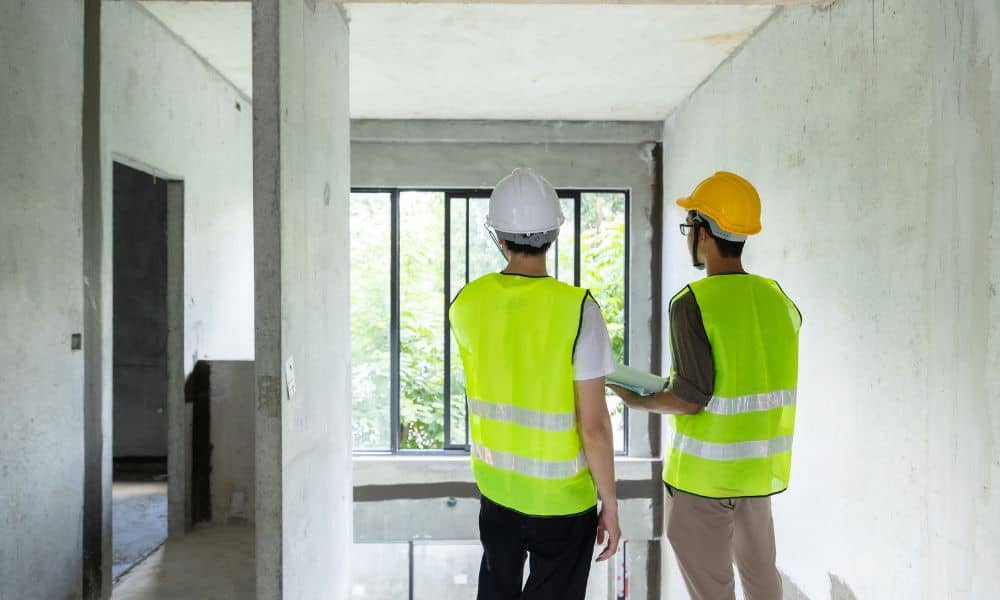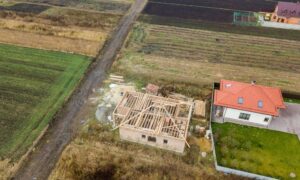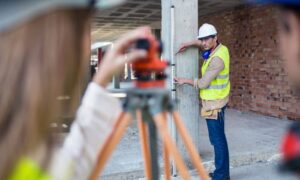
Owning a property comes with big responsibilities—especially when it comes to keeping it safe and structurally sound. One of the best ways to protect your investment is by scheduling a structural engineering inspection. These evaluations help catch serious issues early—before they lead to costly repairs or dangerous situations. In this article, we’ll cover the top 7 warning signs that signal it’s time to consult a structural engineering professional—plus, what to do next.
Why Structural Engineering Inspections Are Essential
A structural inspection isn’t just about spotting surface-level issues. It’s a comprehensive assessment by a licensed professional in structural engineering, focusing on your building’s foundation, framing, load-bearing walls, and more.
Why it matters:
- Prevents long-term structural damage
- Protects your family’s safety
- Ensures your property meets building codes
- Supports informed real estate decisions
1. Cracks in Walls, Ceilings, or Foundations
If you notice widening, stair-step, or horizontal cracks, they may indicate deeper foundation problems. A professional with structural engineering expertise can determine whether these cracks are cosmetic or signs of structural stress.
2. Uneven or Sagging Floors
Sagging or sloping floors often mean structural supports are failing. This issue typically requires a detailed review by a structural engineer to determine the extent of the problem and recommend repairs.
3. Doors and Windows That Stick or Won’t Close
While this could be seasonal, it may also mean your structure is shifting—especially if it’s affecting multiple areas. Structural engineering inspections help uncover whether these changes are due to foundation movement.
4. Visible Gaps Between Walls, Floors, or Ceilings
Gaps along the ceiling or baseboards often signal that part of the home is settling unevenly. Ignoring these can lead to more costly structural failures. A structural engineering service can pinpoint the root cause.
5. Water Damage or Mold on Structural Elements
Chronic water intrusion affects your home’s frame, beams, and foundation. If you see mold, staining, or wood rot in structural areas, it’s time to consult a structural engineer before the damage worsens.
6. Bowed or Bulging Basement Walls
Soil pressure from outside your home can cause basement walls to bow inward or bulge. This serious issue is best evaluated by a licensed structural engineering expert who can suggest reinforcement or drainage solutions.
7. History of Renovations, Natural Disasters, or Additions
If your property has undergone major renovations or has been impacted by earthquakes, floods, or storms, it’s wise to get a post-event structural engineering evaluation to ensure its safety.
What to Do If You Notice These Signs
If any of these red flags sound familiar, here’s what to do:
- Take photos and notes.
- Schedule a visit with a qualified structural engineering professional.
- Review the inspection report and cost estimates for any repairs.
- Follow through with trusted contractors or engineering firms for fixes.
When to Schedule Routine Structural Engineering Inspections
Even without visible signs, it’s smart to schedule structural reviews if:
- Your home is 25+ years old
- You plan to buy, sell, or renovate
- You’ve experienced recent landscaping or soil shifts
Conclusion: Don’t Ignore Structural Warning Signs
Early action is the best protection. Whether it’s cracked walls, shifting floors, or storm damage, a structural engineering inspection offers the peace of mind and expert guidance you need to protect your home and loved ones.
FAQs
Q: How much does a structural engineering inspection cost?
A: Typically $300–$800 depending on size and location.
Q: How is this different from a home inspection?
A: Home inspectors look at general systems; structural engineers focus specifically on structural integrity.
Q: Can structural engineers design repairs?
A: Yes, many also provide stamped plans and oversee construction fixes.





